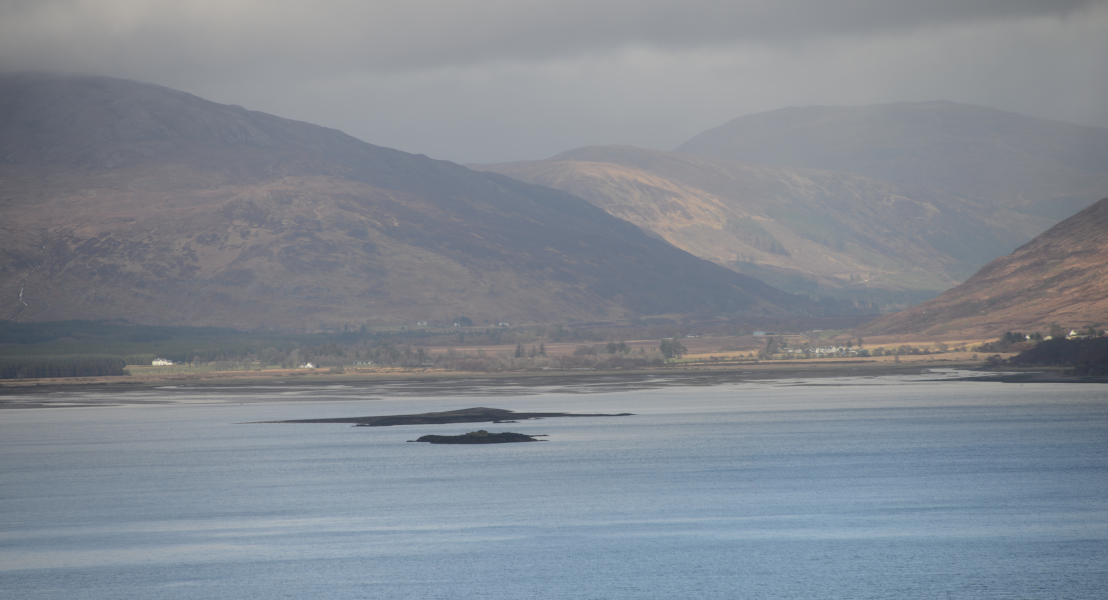David Sellar, historian of Scotland and Scots law, receives an honorary LLD
On 23 June 2016, the University of Glasgow conferred the honorary degree of Doctor of Laws on David Sellar of the University of Edinburgh. He was presented by Professor Mark Godfrey of the University of Glasgow. Professor Godfrey's oration is reproduced below.
* * *
Chancellor, by the authority of Senate I present to you this person, on whom the Senate desires you to confer the honorary degree of Doctor of Laws:
William David Hamilton Sellar, M.V.O., F.R.Hist.S., F.S.A. Scot.
David Sellar is the most influential Scottish legal historian of his generation. Born and raised in Glasgow, where both his parents graduated from this university, David read history at Oxford and law at Edinburgh, qualified as a solicitor, and worked as a legal assessor at the Scottish Land Court, before joining the Faculty of Law at Edinburgh University in 1969, where he remained for his entire academic career. He was the Founding Director of the Centre for Legal History at Edinburgh, which will mark its 25th anniversary next year, and has become one of the leading centres of its kind in the United Kingdom and internationally. He has given distinguished public and academic service in the promotion of Scots law, history and culture outside as well as within the university world. He currently serves as Vice-President of the Stair Society, the most important learned society dedicated to the history of Scots law, previously also its Literary Director. He has served as Chairman of the Society of Scottish Medieval and Renaissance Studies, Chairman of Council of the Scottish History Society, Chairman of the Scottish Legal History Group, President of the Scottish Society of Northern Studies, and Vice-President of the Society of Antiquaries of Scotland. He was also honoured by being appointed O’Donnell Lecturer in Celtic Studies at Edinburgh University in 1985, and a Rhind Lecturer by the Society of Antiquaries of Scotland in 2000.
A fitting culmination to David’s career in public service, and a recognition of his expertise in Scots law, genealogy, clan history, and heraldry, was his appointment by Her Majesty the Queen as Lord Lyon King of Arms in 2008. The Lord Lyon is one of Scotland’s most ancient offices of state and dates from the fourteenth century, with responsibility for the regulation of all heraldic arms in Scotland, for royal ceremonial such as coronations or the opening of Parliament, and for presiding as a judge on disputed matters in the Lyon Court.
David retired from office in 2014, having amongst other things officiated at the opening of the newly elected Scottish Parliament of 2011, and at the National Service of Thanksgiving in St Paul’s Cathedral in London, to celebrate the Queen’s Diamond Jubilee in 2012.
Quite apart from his distinguished record of leadership across these various fields, David is the founding father of the modern academic subject of Scottish legal history as a scholarly discipline. In his research, teaching and many publications he has explored the most difficult and important historical questions about the identity and nature of Scots law – how far back can we intelligibly trace the history of Scots law before the Union of 1707? Did the medieval kingdom of Scotland possess its own distinctive “common law” which could act as a pillar of national identity from the fourteenth century Wars of Independence to the Union? Did it operate the same way in the Highlands as the Lowlands? How much was Scots law influenced by Celtic law, Roman law, Canon law, or English law? What effect did the Reformation have on Scots law? In providing answers to these questions, David’s interpretation of Scottish legal history has become the essential framework for all writing on the subject, emphasising the antiquity and continuity of the legal system, but also the way in which it has been influenced by and adapted from the wider European legal tradition as well as the English Common Law.
Indeed, more than any previous scholar David has placed the history of Scots law in its European as well as its British context. This led him to help establish an innovative course in Scots Law and the Western Legal Tradition at Edinburgh, and also to participate in a series of important international research projects on comparative legal history, covering subjects as diverse as dispute resolution, custom, the law of negligence, and the nature of contractual rights. He has also pioneered an interdisciplinary approach in his scholarship, drawing together the historical study of law with political, social, and cultural history, integrating our knowledge of sources written in Latin, Scots and Gaelic, and elucidating our understanding of the deep roots of the Scottish legal tradition.
Finally, on a more personal note, it must be added that, notwithstanding his accomplishments, his distinguished international reputation, and the path-breaking importance of his work, David Sellar has always remained both unassuming and approachable, modest to a fault, but freely engaging with, encouraging and supporting other scholars and students, wearing his considerable learning lightly, but sharing it in the most generous manner possible. These special qualities help explain why he has the rare distinction of being esteemed so very highly here and abroad and within so remarkably diverse a set of communities relating to law, history, genealogy and heraldry, as well as here in the University of Glasgow.
Chancellor, I invite you to confer the honorary degree of Doctor of Laws on William David Hamilton Sellar.
